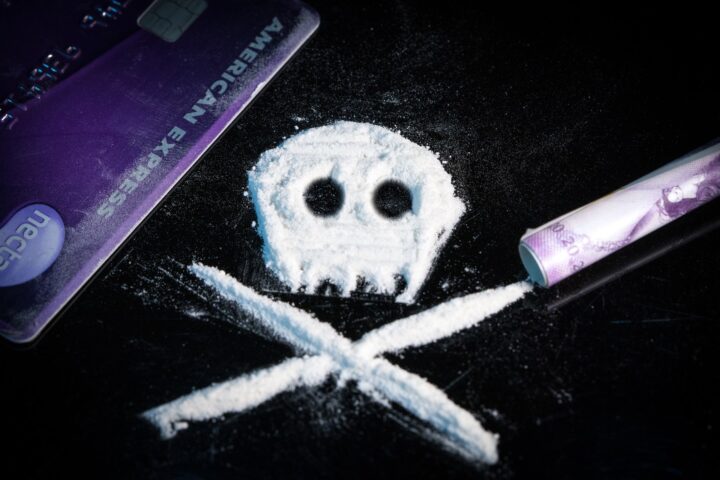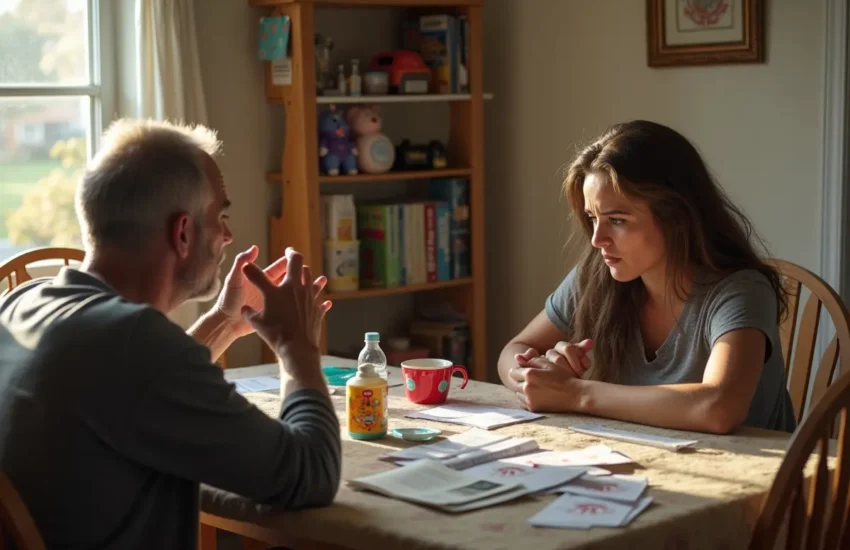How the Law Prosecutes Drug Trafficking Charges
Some individuals in this country use drugs. Not everyone does it, but the War on Drugs that this country once waged concluded with people who enjoy them still using them. The police still battle against drug use, though, and they sometimes score significant victories against those who supply them.
If the police catch someone with drugs, they can charge them locally. If they do, that probably means this person had a relatively small amount. If the police think this person had drugs for personal use, they likely won’t impose federal sentencing guidelines against them.

If the police catch someone with a larger amount of drugs, though, they might charge them with federal drug trafficking. Bringing drugs into the country in larger amounts often attracts the FBI’s attention and sometimes that of other law enforcement agencies.
The federal government charges drug traffickers much more harshly than those it finds with smaller amounts for personal use. Let’s talk about how the law prosecutes drug traffickers or suspected drug traffickers right now.
The US Has Very Harsh Drug Trafficking Laws
97 out of 100 federal drug offenders plead guilty. The reason for this is that if the federal government puts together a case against a drug trafficker and takes them to court for drug charges, they usually have an airtight case against them. They won’t arrest them and bring them up on charges unless they feel sure they will get a conviction.
If someone the police or the feds accuse of drug trafficking tries pleading not guilty, they can go to trial, but if they lose, they will face even longer jail sentences. However, even if they plead guilty, they will likely face a lengthy prison term.
That’s because the federal government demands very harsh drug trafficking penalties, even for first offenders. Getting caught with a couple of tons of heroin isn’t like the police catching someone with a gram or two of weed in a state where it’s not yet legal for recreational use.
Drug Conspiracy and Criminal Enterprise
The US courts have two specific counts on the books that deal with drug trafficking. First, you have drug conspiracy. That means a person attempts or conspires to commit a drug trafficking offense.
Then, there’s the even harsher charge, criminal enterprise. The prosecutors usually call it “continuing criminal enterprise,” meaning the criminal enterprise already exists, and this person’s actions keep it running, usually through the sale or purchase of large quantities of a Schedule 1 substance.
For a continuing criminal enterprise charge, the person will get a 20-year minimum prison term for a first offense. You might not get that much for manslaughter, so that shows you how seriously the federal government takes this charge.
If the feds bring this charge against someone, that means they don’t think they’re a low-level dealer. Instead, they believe that they’re personally responsible for bringing massive quantities of drugs into the country or distributing them.
What About Additional Offenses?
If someone tries to keep a criminal enterprise going after they’ve served a first prison term, the second time, they will receive a 30-year minimum. It doesn’t seem likely that someone would try selling large quantities of drugs after serving 20 years in prison, but it’s always possible a dealer didn’t learn their lesson the first time.
There’s also the “kingpin” charge. If the feds think someone didn’t just try to keep a massive drug operation going, but they’re the kingpin of that organization, that conviction will bring life without the possibility of parole.
There’s one more crime worth mentioning in this section as well. If someone acts to keep a criminal drug enterprise going and they also intentionally kill a law enforcement officer or a regular citizen, they will get a minimum 20-year jail sentence.
What Should You Know About All This
Since most people wouldn’t dream of creating a criminal drug syndicate, these laws won’t make much difference in their lives. There’s probably only one way they might come into play.
If the police accuse you of being a critical figure in a drug ring, maybe it’s because you resemble someone who they’re after, or you are in the worst possible place at the wrong time. These mistaken identity cases don’t happen often, but they’re not impossible either.
If that happens, then you must contact an experienced criminal defense lawyer without delay. Knowing the longer prison terms that you face, you must rigorously fight the charges if you’re innocent.


